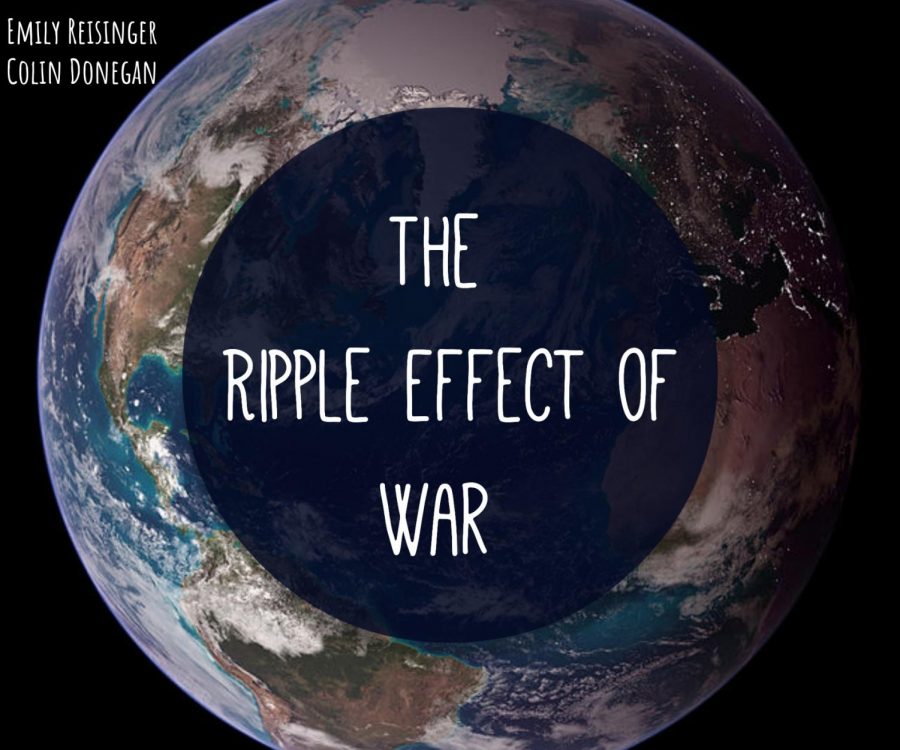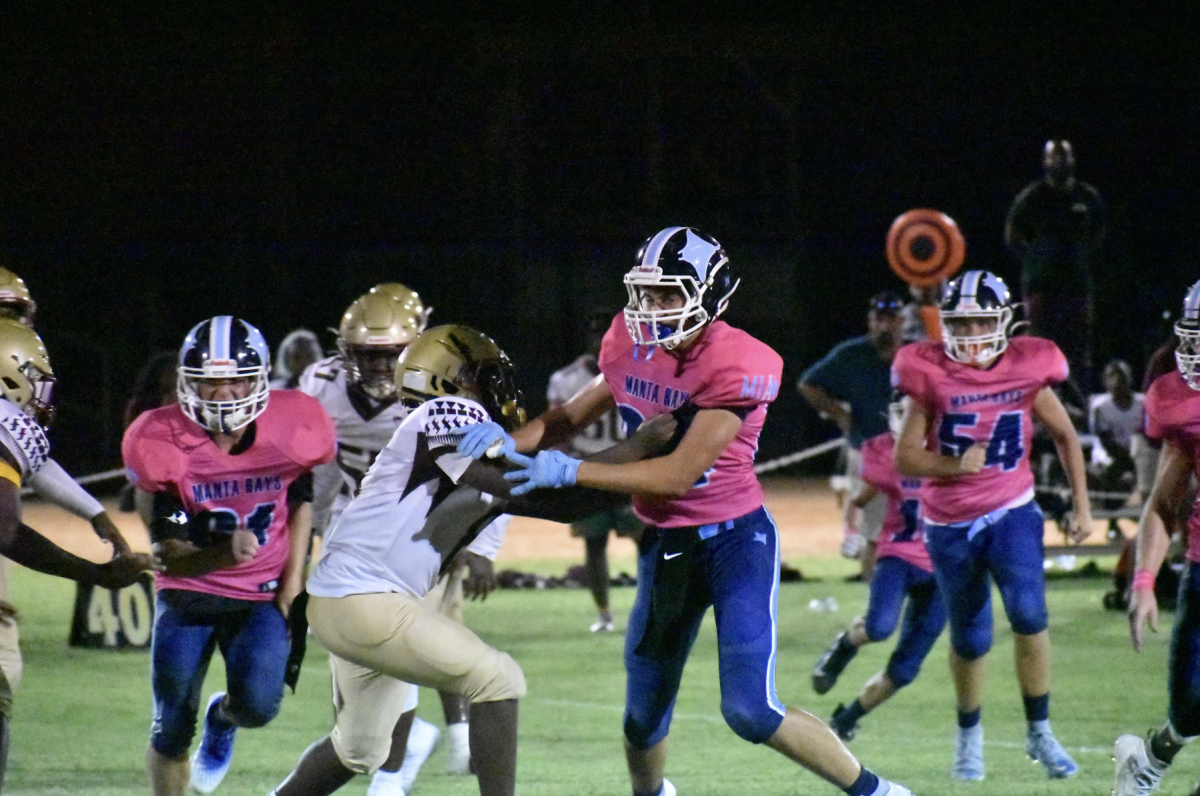The Ripple Effect of War
November 15, 2021
The Ripple Effect of War
A world without war is impossible for us to imagine. Almost every generation has lived through a war, sometimes even multiple. Commonly, the end of one war is a result of another. For example, the Second World War was partially caused by the conditions that ended the Great War. Similarly, the Cold War originated from the causes of World War II. This is the ripple effect of war.
World War I
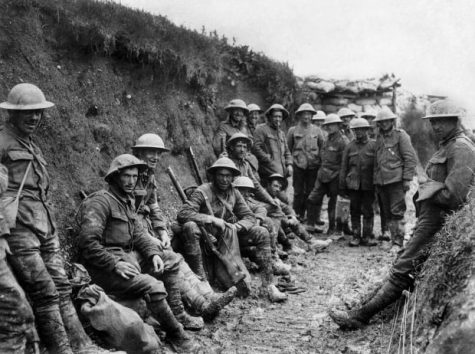
Leading up to the Great War many countries wanted to prove to one another that they were the most powerful. Imperialism was one of the reasons that tensions were at an all-time high. Every country wanted colonies overseas and there was only so much land available. However, the 1914 assassination of Austrian-Hungarian Archduke Franz Ferdinand, served as the paramount cause of War. The Black Hand was a terrorist group in Bosnia and Herzegovina that was concerned about the Austrian-Hungarian empire interfering with Serbian independence. It did not help that Franz Ferdinand planned his trip on St.Vitus day, a special day for the Serbians, and many Serbian nationalists saw it as an insult for the Archduke to visit on this particular day. This led to a group of Serbs attempting to assassinate Franz Ferdinand, which did not go as planned. There were many prior warnings of terrorist attacks, but they focused on appearance and hospitality instead of safety measures. While on a ride to Sarajevo, the capital of Bosnia and Herzegovina, Ferdinand had multiple assassination attempts on his life, including a grenade that harmed bystanders. After all the commotion, Franz Ferdinand insisted on visiting the victims of the bombing. At the same time one of the assassins, Gavrilo Princip, decided to go to a deli to cheer himself up after the failed attempts. On the way to the hospital, Ferdinand’s driver took a wrong turn, past the deli and Princip saw Franz Ferdinand and went for the shot, killing him and his wife. Princip was detained and sentenced to 20 years, but Austria wanted Princip in their custody; Serbia refused which was the final straw. Austria declared war on Serbia and then alliances caused the war to reach all over Europe. Austria-Hungary alliances with Germany, Bulgaria, and Turkey formed the central powers. Those who defended Serbia were the Entente powers, also referred to as the allied powers, which consisted of Britain, France, and Russia; the United States joined them in 1917.
World War II
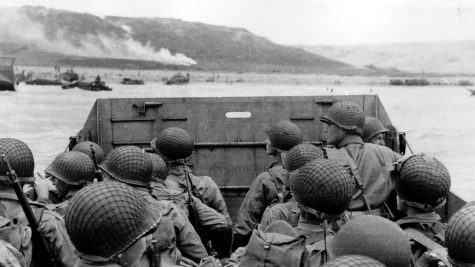
To end the first World War, the Treaty of Versailles was signed, which presented all the terms and conditions. The most notable constraint was Germany to limit their military to 100,000 men, 6 battleships, and no armored vehicles, submarines, or aircraft. The League of Nations took all of their colonies, Germany had to pay billions of dollars worth of reparations, Germany had to give Alsace-Lorraine back to France, and Germany and Austria could not be allies. Germany’s industry suffered greatly due to the majority of Germany’s industrial land being seized. This caused Germany to struggle to pay reparations. Even with almost all their money going towards reparations they still couldn’t pay them. Soon, hyperinflation rapidly spiraled out of control with Germany’s currency being worth practically nothing. Kids would use the money to craft different things like kites. This helped Hitler rise in popularity and with this came his ideology, fascism. After Hitler rose to power, he was determined to restore Germany to its former glory. He rebuilt Germany’s military, took control of Alsace-Lorraine, and invaded Czechoslovakia. Germany had an Anschluss with Austria, uniting the two countries with a corrupt election. After defying all of the conditions Germany was to follow in the Treaty of Versailles, they decided to push it with Britain even more by threatening to invade Poland. British Prime Minister Neville Chamberlain finally told Hitler if he invaded Poland then he would declare war on Germany. Germany ignored Britain and invaded Poland anyways and Chamberlain, holding up to their promise, declared war on Germany.
The Cold War
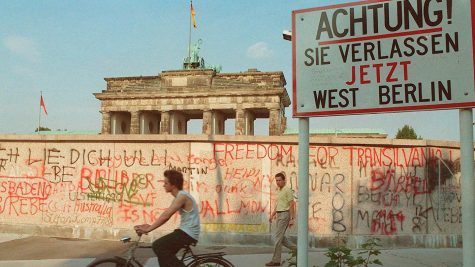
The Cold War was a result of World War I and World War II because Russia had to withdraw from the Great War after riots broke out in October 1917 which resulted in the overthrowing of the government. They were originally called Soviet Russia, but that changed in 1922 where their name changed to the Soviet Union. In World War II, the Soviet Union joined the Allies and when the war ended they took control of the eastern half of Germany and West Berlin. Eventually, they made East Germany into the German Democratic Republic. The U.S, France, and Britain united their sections into West Berlin. With WWII being over and the alliance between the United States and the Soviet Union terminating, tensions quickly began to rise. The war was an ideological battle between capitalism and communism rather than between the two countries. The Soviet Union wanted more land and wanted complete control of Berlin. As a result, they made a blockade on West Berlin not allowing any supplies by railroad, car, or any other type of land travel, but America got around this by airlifting supplies into East Berlin. Tensions kept rising between the two countries, to the point where they were backing up communist and capitalist countries and trying to get more countries to be on their side. There were multiple occasions where America and the Soviet Union indirectly fought each other. Vietnam and the Korean war are both key examples of this. In both of them, America and the USSR indirectly or directly supported the side that favored their form of government. Throughout the Cold War, there was no direct war between the Soviet Union and America, only threats.
The Korean War
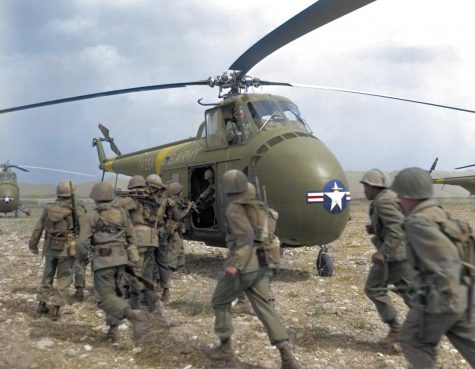
The Korean War was a direct result of the Cold War and World War II. Korea became independent from Japan after its loss in WWII. The North was occupied by the Soviets and the South was occupied by the Americans, eventually, they both left and the Koreas became their own separate countries. Korea was split in two by the 38th parallel, North and South Korea. North Korea was communist and the South was capitalist. They did not like each other and both did not believe their border to be permanent and eventually, in 1950, North Korea invaded South Korea. North Korea had complete control over all of Korea except for Pusan, currently known as Busan. Harry S. Truman, the president of the United States, worried if Korea fell to communism other countries would follow suit. South Korea went to the United Nations asking for assistance with America backing them. The Soviet Union did not veto since they were boycotting the United Nations since China was not allowed there. The UN sent an army that mostly consisted of American soldiers, led by MacArthur. They were able to push North Korea back to the 38th parallel. With Russia providing support to North Korea and China throughout the War and the United States providing support to the UN army and South Korea causing the U.S and U.S.S.R to be in an indirect war. MacArthur got ambitious and with the United Nations army he reclaimed South Korea and he pushed past the 38th parallel. China then provided men for North Korea after the U.N army got to the Chinese border. This pushed MacArthur and his men back to the 38th parallel, this is the current border of the two nations.
The ripple effect of war can easily be seen from the start of WWII to the end of the Korean War. With the Treaty of Versailles, to the financial issue of Russia and the fight against communism. This isn’t the only example of this happening in history; you could see a similar situation with the American Revolution to the French Revolution and the Civil War. Then with the Great Depression, started as a stock market crash in America and then spread worldwide because of how big a financial power America was and still is. Then with the cold war, America desperately did everything for the domino effect not to happen as countries fell to communism. The Ripple Effect is so prevalent in the world’s history- an effect responsible for tragedies and fortune alike.


